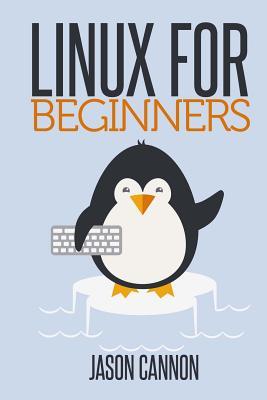Linux for Beginners doesn't make any assumptions about your background or knowledge of Linux. You need no prior knowledge to benefit from this book. You will be guided step by step using a logical and systematic approach. As new concepts, commands, or jargon are encountered they are explained in plain language, making it easy for anyone to understand. Here is what you will learn by reading Linux for Beginners
- How to get access to a Linux server if you don't already.
- What a Linux distribution is and which one to choose.
- What software is needed to connect to Linux from Mac and Windows computers. Screenshots included.
- What SSH is and how to use it, including creating and using SSH keys.
- The file system layout of Linux systems and where to find programs, configurations, and documentation.
- The basic Linux commands you'll use most often.
- Creating, renaming, moving, and deleting directories.
- Listing, reading, creating, editing, copying, and deleting files.
- Exactly how permissions work and how to decipher the most cryptic Linux permissions with ease.
- How to use the nano, vi, and emacs editors.
- Two methods to search for files and directories.
- How to compare the contents of files.
- What pipes are, why they are useful, and how to use them.
- How to compress files to save space and make transferring data easy.
- How and why to redirect input and output from applications.
- How to customize your shell prompt.
- How to be efficient at the command line by using aliases, tab completion, and your shell history.
- How to schedule and automate jobs using cron.
- How to switch users and run processes as others.
- Where to go for even more in-depth coverage on each topic.
